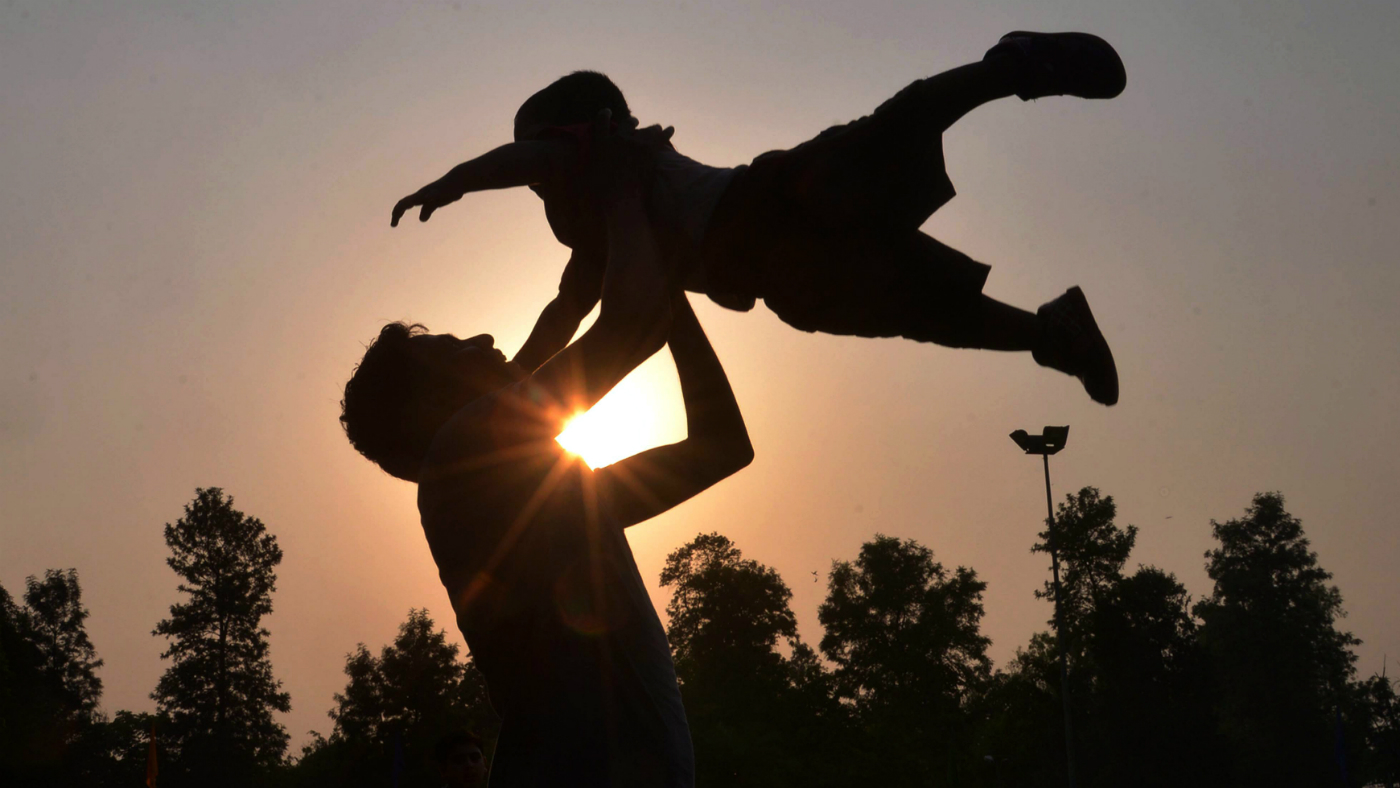UK Father’s Day 2023: when is it and how did it begin?
The day for dads is not as recent a creation as many suspect

A free daily email with the biggest news stories of the day – and the best features from TheWeek.com
You are now subscribed
Your newsletter sign-up was successful
In case you’d forgotten, here’s a gentle reminder: Father’s Day is coming up in the UK.
Whether you find yourself handing over a gift of whisky or wine, motorbikes or military fort tours, this relatively modern holiday has become a staple of the family calendar.
But what is the significance of Father’s Day and how did it come about?
The Week
Escape your echo chamber. Get the facts behind the news, plus analysis from multiple perspectives.

Sign up for The Week's Free Newsletters
From our morning news briefing to a weekly Good News Newsletter, get the best of The Week delivered directly to your inbox.
From our morning news briefing to a weekly Good News Newsletter, get the best of The Week delivered directly to your inbox.
When is Father’s Day in 2023?
Father's Day doesn't have a fixed date. It falls on the third Sunday of June every year – that means Sunday 18 June 2023 for the UK. Most other countries follow this convention, although some Catholic countries – notably Italy, Portugal and Spain – choose to celebrate the day on 19 March, the feast of St Joseph.
“Many people believe that the celebration date is different in the southern hemisphere because June is their autumn, rather than their spring, and the day can be marketed better in the spring season,” said The Sun.
How did Father's Day begin?
It is often believed that Father's Day is a recent invention, a sort of afterthought to the historically established tradition of Mothering Sunday – but the truth is more surprising.
For a start, the modern Mother's Day bears little resemblance to its religious origins, and in fact dates from a relatively modern movement in the US. And the first Father's Day celebration was organised in July 1908, only two months after the first official Mother's Day.
A free daily email with the biggest news stories of the day – and the best features from TheWeek.com
The organiser of the first Father's Day was not a father – or even a man – but a West Virginia woman named Grace Golden Clayton. In 1907, she was deeply moved by newspaper reports about a mining disaster which had left 1,000 children in the state fatherless and organised an event at her church to celebrate fatherhood.
Clayton's event was a one-off, but the idea did not remain dormant for long. In 1910, a young woman named Sonora Smart Dodd heard a sermon about the increasingly popular Mother's Day. Her love for her own father, who had raised his children alone after his wife's death, pushed her to call for a similar day of gratitude for fathers.
Along with local ministers, she organised a Father's Day celebration in her hometown of Spokane, Washington, to be held every year on the third Sunday of June. At first, the event was relatively low-key, but in the 1930s Dodd and her supporters began pushing for national recognition.
Slowly, the Spokane celebrations spread across the country until, in 1972, President Nixon signed a bill officially making Father's Day a nationally-observed holiday. By then, Father's Day was an established tradition in dozens of countries, the UK included.